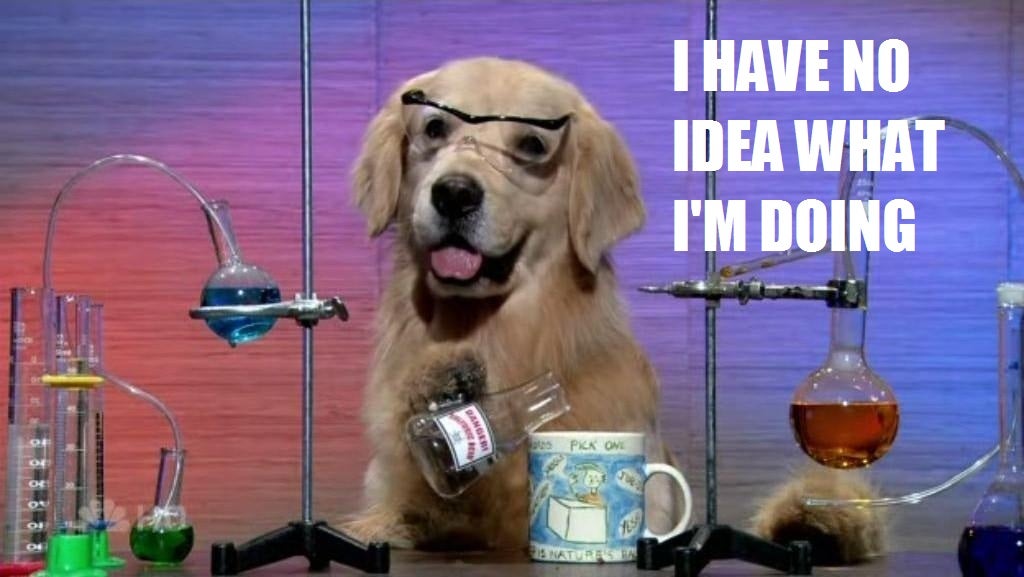 "ttyymmnn" (ttyymmnn)
"ttyymmnn" (ttyymmnn)
09/16/2017 at 14:21 ē Filed to: None
 1
1
 12
12
 "ttyymmnn" (ttyymmnn)
"ttyymmnn" (ttyymmnn)
09/16/2017 at 14:21 ē Filed to: None |  1 1
|  12 12 |

Iím trying to help my high schooler with his biology. They are studying the properties of water, and he got this question wrong:
Give the scientific term used to describe the property of water you discovered in pars A and B [surface tension]. Explain this property in molecular terms.
So we have to describe surface tension ďin molecular termsĒ but nobody has any idea what that means.

 WilliamsSW
> ttyymmnn
WilliamsSW
> ttyymmnn
09/16/2017 at 14:26 |
|
Cohesive forces?
 random001
> WilliamsSW
random001
> WilliamsSW
09/16/2017 at 14:30 |
|
Came here to say this. Here you are:
https://water.usgs.gov/edu/surface-tension.html
 WilliamsSW
> random001
WilliamsSW
> random001
09/16/2017 at 14:36 |
|
Aha! Thanks for confirmation. Thought it was right but wasnít 100 pct sure.
 random001
> WilliamsSW
random001
> WilliamsSW
09/16/2017 at 14:42 |
|

 HammerheadFistpunch
> ttyymmnn
HammerheadFistpunch
> ttyymmnn
09/16/2017 at 15:50 |
|
My goto answere for all answeres re: molecules is weak nuclear force.
 WilliamsSW
> random001
WilliamsSW
> random001
09/16/2017 at 16:13 |
|

 DipodomysDeserti
> ttyymmnn
DipodomysDeserti
> ttyymmnn
09/16/2017 at 16:58 |
|
Biology teacher here.
Hydrogen bonds.
The polarity of water molecules allows hydrogen bonds to form in between adjacent water molecules. This hydrogen bonding gives water its cohesive properties. This is also why water expands as it freezes a d why water is such a good solvent.
If you want to really knock the answer out of the park, mention that the electronegativity of the oxygen atom found in a water molecule, along with its two pairs of unbonded electrons is what makes water molecules so polar.
If your kid was having a hard time answering this, have them go back and study polar covalent bonds. Depending on how advanced their class is have them study VSEPR theory to further understand waterís polarity.
 ttyymmnn
> DipodomysDeserti
ttyymmnn
> DipodomysDeserti
09/16/2017 at 17:19 |
|
Thanks for the lengthy reply. I think the part where he is getting hung us is the phrase ďin molecular terms.Ē Heís not sure what that means.
 DipodomysDeserti
> ttyymmnn
DipodomysDeserti
> ttyymmnn
09/16/2017 at 17:31 |
|
The question is trying to get you to explain how the structure of water molecules attribute to waterís cohesive properties. Itís a chemistry question as much as it is a biology question (I also teach chemistry).
Itís the structure of the water molecule itself that causes them to ďstickĒ together thus giving water surface tension. Each water molecule has a slightly positively charged side (the H2 part) and a slightly negatively charged side (the O part). This is what polarity means (a positive pole and a negative pole). When water molecules are near each other, the postive side (with the hydrogens) is attracted to the negative side (with the oxygen) of nearby water molecules. Hydrogen bonds form between these adjacent molecules, and thats why water has surface tension.
In laymans terms, the molecules form a net, and the strands of the net are hydrogen bonds between adjacent water molecules.
 Chuckles
> DipodomysDeserti
Chuckles
> DipodomysDeserti
09/16/2017 at 20:51 |
|
Chemist checking in. I was all ready to answer this question, and then I read your answer and realized that it was far better worded than anything I would have said. I guess thatís why you teach these concepts and I work in a lab. Nicely done.
 DipodomysDeserti
> Chuckles
DipodomysDeserti
> Chuckles
09/16/2017 at 22:24 |
|
Thanks! I actually fell into teaching, and after four years but seem to have figured it out. I have a BS in health sciences (pre med), but have always grasped chemistry concepts pretty well. The pre med stuff kind of bored me, so I ended uo spending most of my time hiking and riding motorcycles. Iím teaching O-chem to high school students for the first time right now (AP Bio), so wish me luck. I started having flashbacks when I started teaching them about enantiomers.
 Chuckles
> DipodomysDeserti
Chuckles
> DipodomysDeserti
09/17/2017 at 01:07 |
|
Organic chemistry wasnít terrible for me, but P-Chem? That was my kryptonite. I got a BS in chemistry and Iíve spent the last 5.5 years working as an analytical chemist in the contract pharma industry. Itís not bad as a job. It pays well enough, and it doesnít involve much p-chem.
I donít know if I could handle being a teacher, but I find I always understand concepts better after explaining them to other people. I could definitely see myself in a training role. Itís funny that you mentioned enantiomers. I was recently explaining that concept to my girlfriend, because sheís a pharmaceutical tech and we were discussing the difference between Prilosec and Nexium.